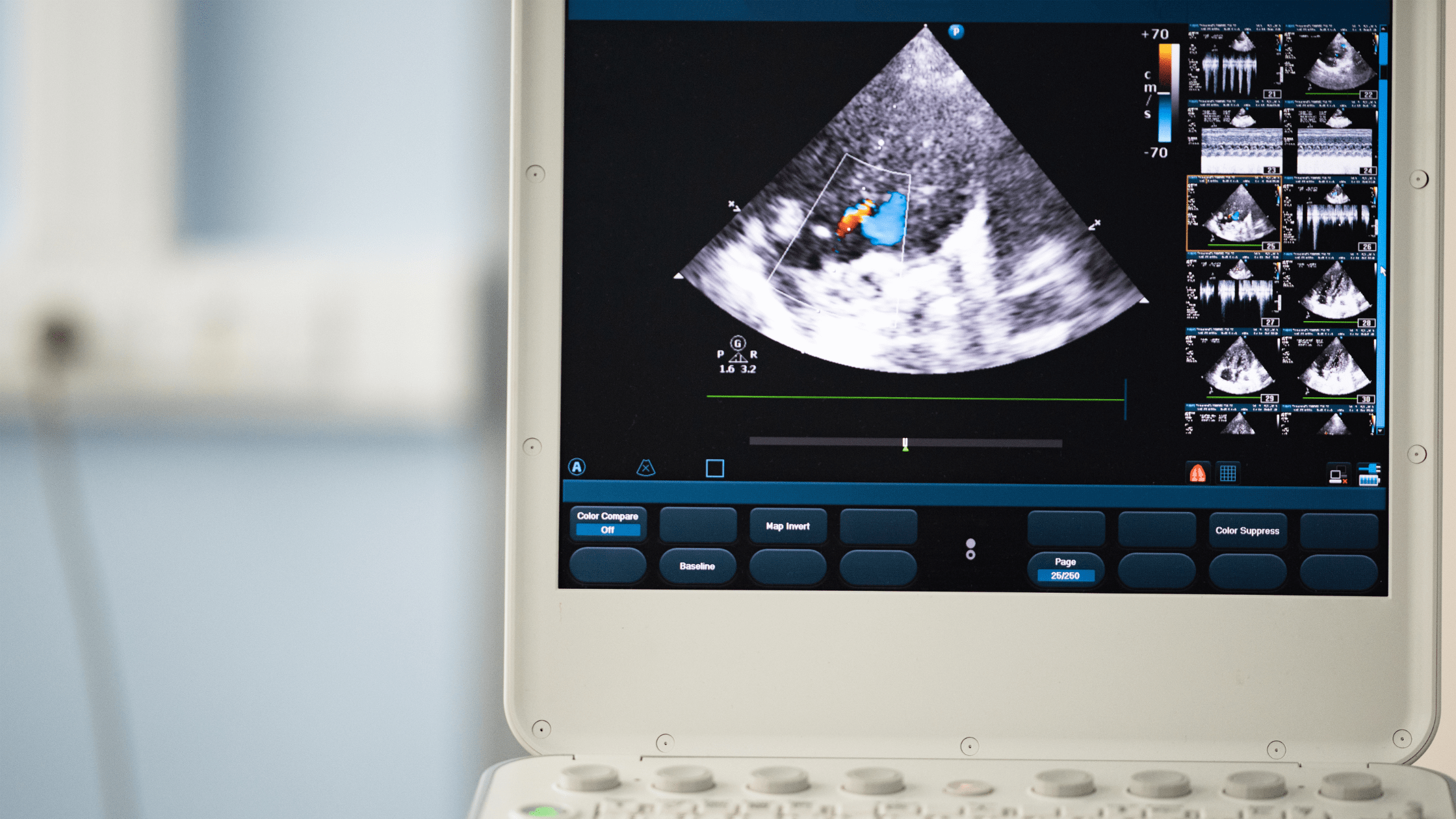Mitral Valve Regurgitation (MVR) is the most common valvular abnormality worldwide, affecting over 2% of the total population, with its prevalence increasing significantly with age. However, despite its widespread occurrence, the condition remains relatively unknown to the public. The lack of awareness surrounding this common heart condition underscores the importance of sharing information about its warning signs and implications.
We recently interviewed Dr Amit Michael, a Consultant Cardiologist based in New South Wales with special interests in general cardiology, cardiac imaging, coronary angiograms, and percutaneous coronary interventions. Our talk provided valuable insights into the condition of Mitral Valve Regurgitation, from its symptoms and causes to diagnostic challenges and available treatments.
What is Mitral Valve Regurgitation?
Mitral Valve Regurgitation occurs when blood flows the wrong way into the heart’s left atrium due to a faulty valve after the heart contracts. This can create extra pressure in the heart and lungs, leading to potential issues. In serious cases, it might even cause fluid buildup in the lungs, which, if not addressed, could develop into signs of heart problems.
Dr Michael explains the condition in greater detail below.
What challenges are faced in early detection?
Early detection of Mitral Valve Regurgitation poses a number of unique challenges, largely attributed to its subtle symptoms which are often mistaken for other common health problems. Additionally, symptoms develop gradually and may not be noticed until the advanced stages of the condition. Overcoming these challenges requires increased awareness among both healthcare professionals and the general public, emphasising the importance of regular check-ups and comprehensive cardiovascular assessments.
Expanding on the challenges faced when diagnosing Mitral Valve Disease is Dr Michael.
What are the treatment options available?
Treatment of Mitral Valve Regurgitation is determined by the severity of the condition and its impact on an individual’s overall health. In mild cases, regular monitoring by a health professional may be suitable; while in more severe cases, several treatment options may be employed.
- Medication Management: Medication management is often employed to alleviate symptoms and manage the underlying factors contributing to Mitral Valve Regurgitation. Diuretics may be prescribed to reduce fluid retention, while medications like ACE inhibitors or angiotensin II receptor blockers can help lower blood pressure and reduce the workload on the heart.
- Surgical Intervention: Surgical intervention becomes necessary in more severe cases. Mitral valve repair or replacement surgery aims to correct or replace the faulty valve, restoring proper blood flow and preventing further complications. Minimally invasive procedures, such as transcatheter mitral valve repair, have also emerged as viable options, offering reduced recovery times and less invasive approaches.
Dr Michael discusses these treatment options in the following clip.
Dr Amit Michael’s insights into the symptoms, causes, and treatment options of Mitral Valve Regurgitation have placed an important spotlight on this valvular abnormality that often flies under the radar.
Prioritise informed discussions with healthcare professionals, stay vigilant, and embrace regular follow-ups for effective management. With awareness and proactive care, we can make strides in mitigating the impact of Mitral Valve Regurgitation across the globe.
Disclaimer This information is general and not conclusive. Follow any guidelines and advice from your doctor or specialist, health care, or multidisciplinary team, for your personalised patient-centred needs and care. Inquire about a patient advocate group regarding your specific needs. Call 000 if you are experiencing chest pain.
To find a GP or a Cardiologist near you, visit www.hopeforhearts.com.au
Connect the Docs www.connectthedocs.com.au is a medical marketing agency specialising in therapy awareness campaigns, educating medical professionals and patients about common conditions.

